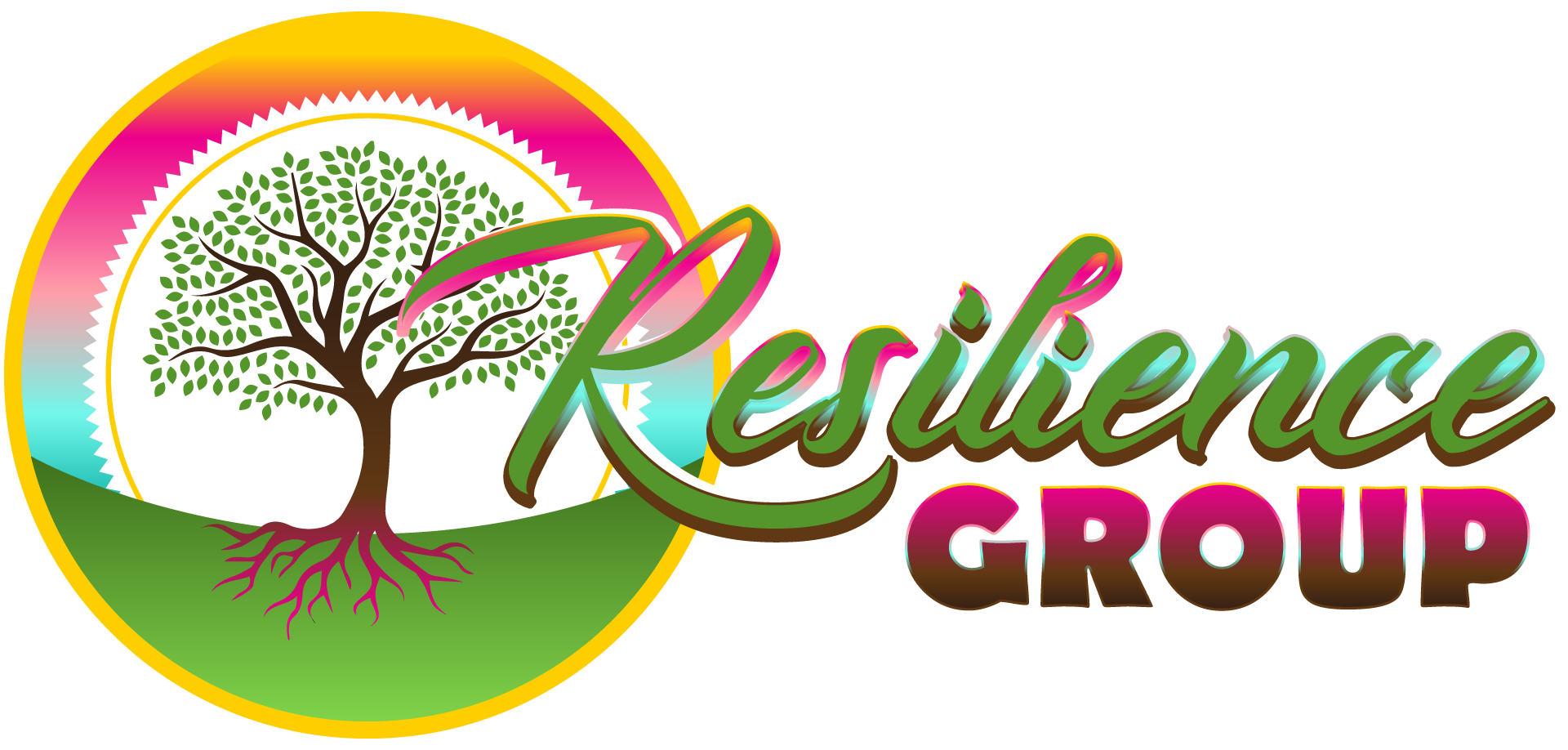Codependency
Codependency is a behavioral and emotional condition characterized by excessive reliance on a relationship to fulfill emotional, psychological, or self-esteem needs. It often involves a dysfunctional pattern of enabling behaviors, where an individual prioritizes the needs of another person (e.g., a partner, family member, or friend) over their own, to the detriment of their mental, emotional, or physical health.
Codependency is not a formal diagnosis in the Diagnostic and Statistical Manual of Mental Disorders (DSM-5) but is widely recognized in clinical and therapeutic contexts as a relational pattern associated with emotional dysregulation, poor boundaries, and difficulty maintaining autonomy within relationships.
Key Features of Codependency:
-
Excessive Caretaking:
- Feeling responsible for meeting the emotional or physical needs of others, often neglecting one’s own needs.
-
Low Self-Esteem:
- Deriving self-worth from the approval or dependency of others.
-
Difficulty Setting Boundaries:
- Struggling to say no, even when it leads to personal harm or resentment.
-
Fear of Abandonment or Rejection:
- Clinging to relationships despite dysfunction or abuse due to fear of being alone.
-
Control Issues:
- Attempting to control others’ behavior or circumstances to maintain a sense of stability.
-
Denial:
- Minimizing or ignoring personal feelings, needs, or the unhealthy nature of a relationship.
-
Enabling:
- Supporting or facilitating harmful behaviors (e.g., addiction, irresponsibility) in others to maintain the relationship.
Causes and Contributing Factors:
-
Family Dynamics:
- Often develops in families with substance abuse, mental illness, or neglect, where one or more members take on a caretaking role.
-
Childhood Experiences:
- Growing up in environments where emotional needs were unmet, or roles were reversed (e.g., parentification).
-
Trauma:
- Experiences of abandonment, neglect, or abuse can contribute to codependent behaviors as a coping mechanism.
-
Learned Behavior:
- Modeling of unhealthy relational patterns from caregivers or significant others.
Clinical Perspective:
Psychological Impact:
- Chronic stress, anxiety, and depression.
- Feelings of guilt, shame, or resentment.
- Emotional burnout or physical health issues due to neglect of self-care.
Associated Disorders:
- Substance Use Disorders (in codependent or enabling relationships).
- Personality Disorders, such as Borderline or Dependent Personality Disorder.
- Trauma-related conditions (e.g., PTSD).

Treatment Approaches:
-
Psychotherapy:
- Cognitive-Behavioral Therapy (CBT): Addresses negative thought patterns and fosters healthy relational behaviors.
- Dialectical Behavior Therapy (DBT): Helps with emotional regulation and interpersonal effectiveness.
- Family Therapy: Addresses systemic relational dynamics contributing to codependency.
-
Support Groups:
- Programs such as Codependents Anonymous (CoDA) provide peer support and shared coping strategies.
-
Focus on Boundaries and Autonomy:
- Teaching skills to establish healthy boundaries and prioritize self-care.
-
Self-Esteem Building:
- Encouraging self-worth independent of external validation.
-
Trauma-Informed Care:
- For individuals with trauma histories, addressing underlying issues that contribute to codependency.
Prognosis:
With therapy and support, individuals can develop healthier relationship patterns, improve self-esteem, and regain autonomy. Early intervention and acknowledgment of codependent behaviors are crucial for recovery and personal growth.
Contact
(435) 313-8533
Location:
Resilience Group
Saint George, UT 84770
In-person and telemedicine available
